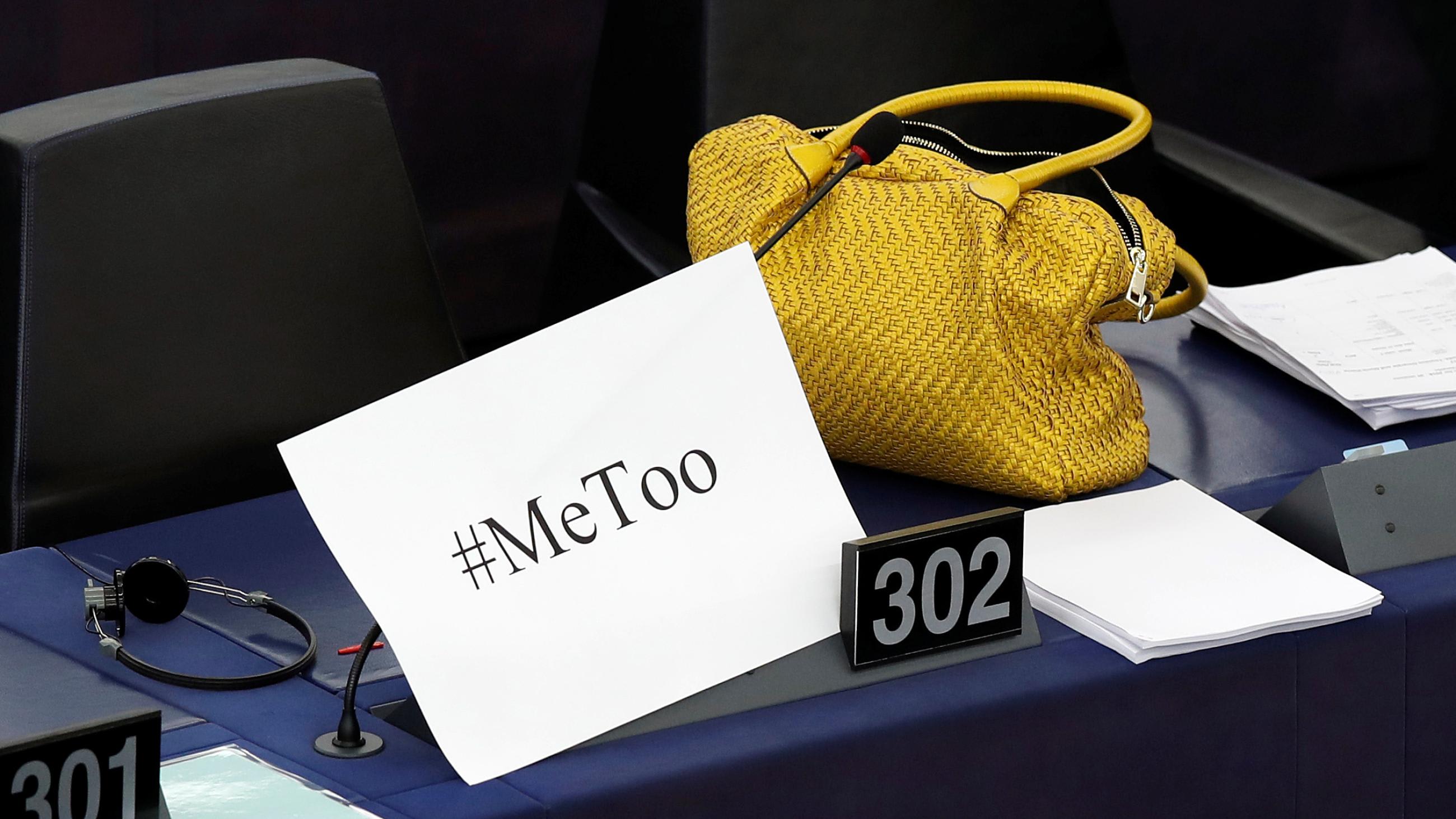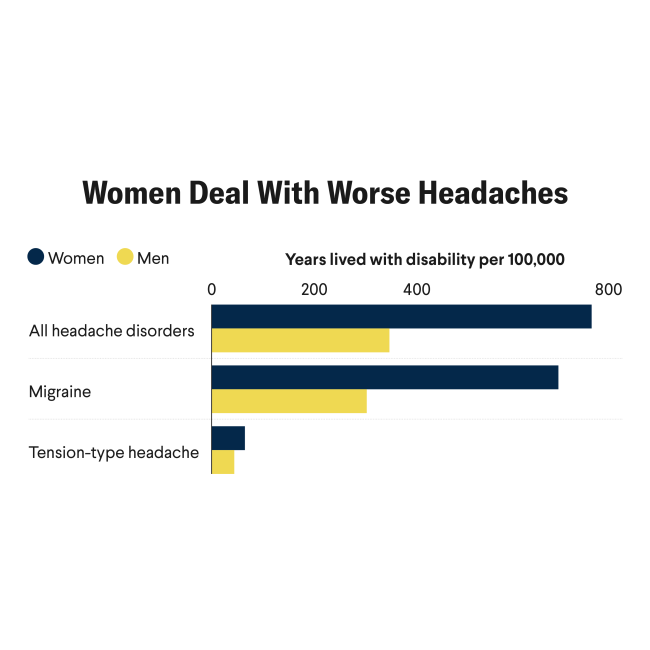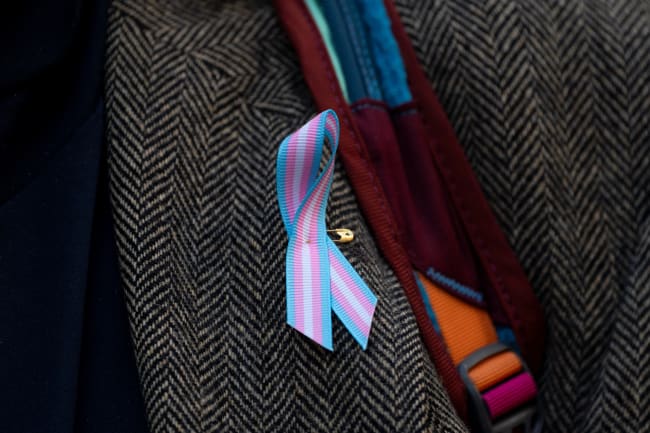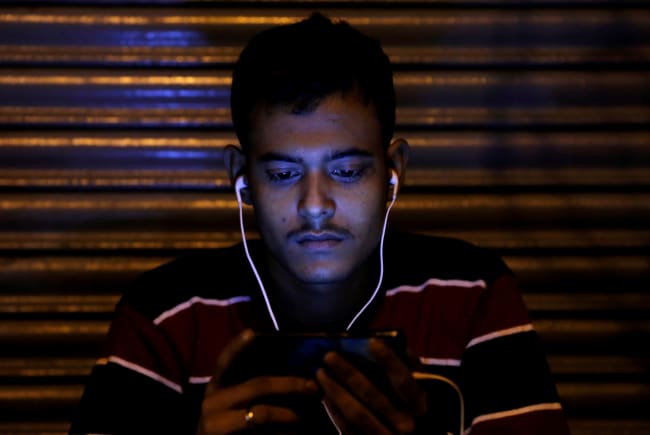#MeToo, the hashtag that grew to prominence from a sexual abuse case in the entertainment industry in 2017, has been slower to catch on in the global health sector.
Recent high-profile cases of sexual abuse at the World Health Organization highlighted the prevalence of sexual violence against women in the global health sector. Although they don't share a single culture, international health organizations and medical settings all over the world have been shown to exhibit similar problems with sexual exploitation, abuse, and harassment.
Calls for #MeTooGlobalHealth date back to 2018, but many health workers say there hasn't been substantive change since then. In a sector primarily composed of women and supposed to follow the basic four tenets of medical ethics—autonomy, beneficence, nonmaleficence, and justice—women health practitioners continue to say that it's health, too.
A Serious Gap in Data
Ann Keeling, a senior fellow at the advocacy organization Women in Global Health, can hardly think of a single nurse, young doctor, or community health worker she has met in her forty-year career in global health "who didn't have a story of sexual harassment."
"I must say, twenty-five years ago, I think all of those women who took those cases probably regretted it"
Ann Keeling
Early in her career, she was a whistleblower herself, and faced retaliation for it, she said. "I've also supported women [in reporting sexual exploitation, abuse and harassment] within the UN system. And I must say, twenty-five years ago, I think all of those women who took those cases probably regretted it."
Even with the support of women's organizations, women who came forward at the time all suffered retaliation and "all of their careers were damaged, often by people within their own communities."
Since then, Keeling has seen massive changes in attitudes toward sexual exploitation, abuse, and harassment. Although most women are still deterred from reporting incidents, she thinks that the #MeToo movement gave survivors the language to be able to talk more about abuse, making it harder to ignore.
Last year, Women in Global Health launched a global study to obtain and analyze health workers' stories about sexual exploitation, abuse, and harassment. The organization tapped the network of its fifty chapters worldwide and collected two hundred anonymous stories. A report on the findings found common trends across the world and concluded that sexual violence against women health-care workers is common and that the sexual abuse described stemmed from systemic issues of hierarchy and patriarchy.
Keeling said that all health systems should collect data on incidents of sexual exploitation, abuse, and harassment, but previous studies have not always used the same terminology, making it difficult to draw comparisons and compile accurate data.
"This is very much about using women's testimony as data where data is lacking," Keeling said. "We've seen it, we know it exists, but it's very much an invisible issue."
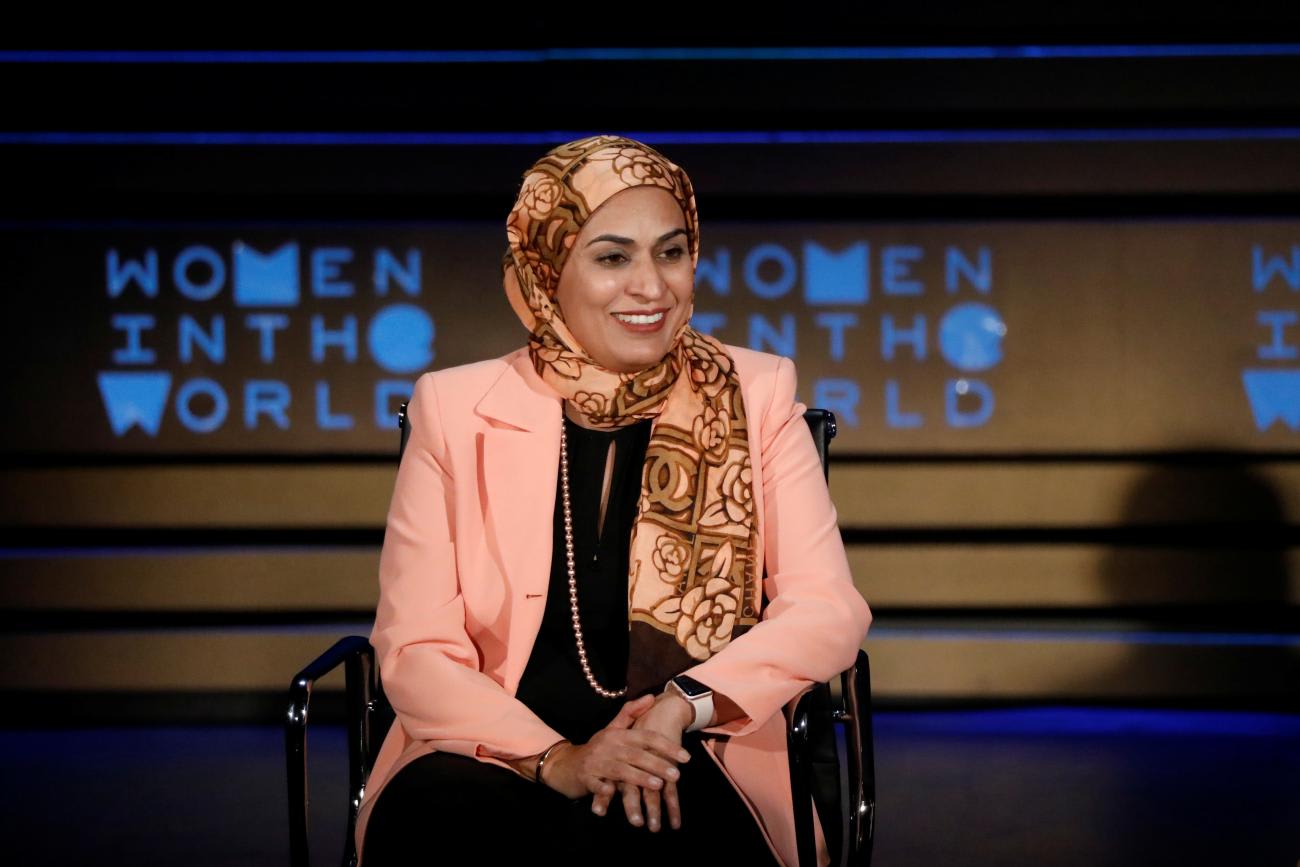
An Unaddressed Occupational Hazard for Women Health Workers
Becky Cox and Chelcie Jewitt, two young doctors working in the United Kingdom, say that experiences of sexism and sexual harassment shaped their training in medicine.
"We felt frustrated because it felt as if these weren't things that people talked about in the workplace," said Cox, a general practitioner who works in women's health. "It didn't feel as if it was even considered an issue in health care."
Cox had originally been a surgical trainee but experienced rampant sexual harassment and sexism. A man also sexually assaulted her at a conference when she was a junior doctor. Yearning for an environment where she felt safer, she quit her surgical training.
"It just got to me in the end—it was too much," she said.
Cox's story isn't uncommon. A survey of nearly 2,500 British doctors that Jewitt conducted with the British Medical Association in 2021 found that 91 percent of women doctors had experienced a form of sexism in the previous two years. Additionally, a third of women doctors faced unwanted touching in the workplace.
The British Medical Journal published the findings and Cox recalled "a few statements were put out, but after a while, nothing was happening." So she and Jewitt created an advocacy organization Surviving in Scrubs for survivors in the United Kingdom to anonymously share their stories. Cox and Jewitt each read through every story and recognized a bit of themselves in the accounts.
Much like the anecdotes that Women in Global Health collected, the stories showed how the hands-on, twenty-four-hour, hierarchical nature of health work created an environment that increased opportunities for abusers.
A 2021 survey found that 91 percent of women doctors had experienced a form of sexism in the previous two years
"With a lot of these behaviors, it's about power dynamics rather than sexual gratification," Cox said, citing the stressful environment of jobs characterized by high patient volume and a scarcity of staff.
Women health workers elsewhere in the world also see their careers derailed when sexual exploitation, abuse, and harassment are not taken seriously.
Neha Mankani, a midwife in Pakistan, says that in her line of work, midwives do not have a lot of power or autonomy in the hierarchy of health-care providers. She's seen firsthand how midwives have had to quit their jobs after experiencing unbridled sexual abuse.
It's a boys club and many midwives are not paid enough to even survive, she says. In a sector that struggles with one of the widest gender pay gaps globally, sexual exploitation, abuse, and harassment towards women also has serious financial implications.
When Mankani reported harassment on behalf of other midwives, the health system she worked for would temporarily move the perpetrator, only to bring them back later without any consequences.
"Then the harasser will just continue to give us a hard time and we'll have to end up leaving without any source of livelihood anymore," she said.
Why Health, in Particular, Needs to Set an Example
In previous decades, health care around the world has seen women come into the profession in large, unprecedented numbers. In the United States, in the 1980s, only a quarter of medical students were women; now that figure is more than 50 percent.
A 2019 study of nearly eighty thousand health workers from twenty-five countries between 2006 and 2014 concluded that the health workforce is feminizing everywhere, particularly in lower- and upper-middle-income countries. Strength in numbers, though, won't be enough to prevent sexual exploitation, abuse, and harassment.
Health-care organizations should encourage victims to report, set policies protecting them from retaliation, and release data about the number of incidents and how they are resolved, Keeling said.
It's also critical that countries establish laws against sexual harassment at work, according to Keeling. In 2021, the International Labour Organization established the first international treaty, ILO Convention No. 190, to recognize "the right of everyone to a world of work free from violence and harassment, including gender-based violence and harassment." So far, twenty-seven countries have ratified it.
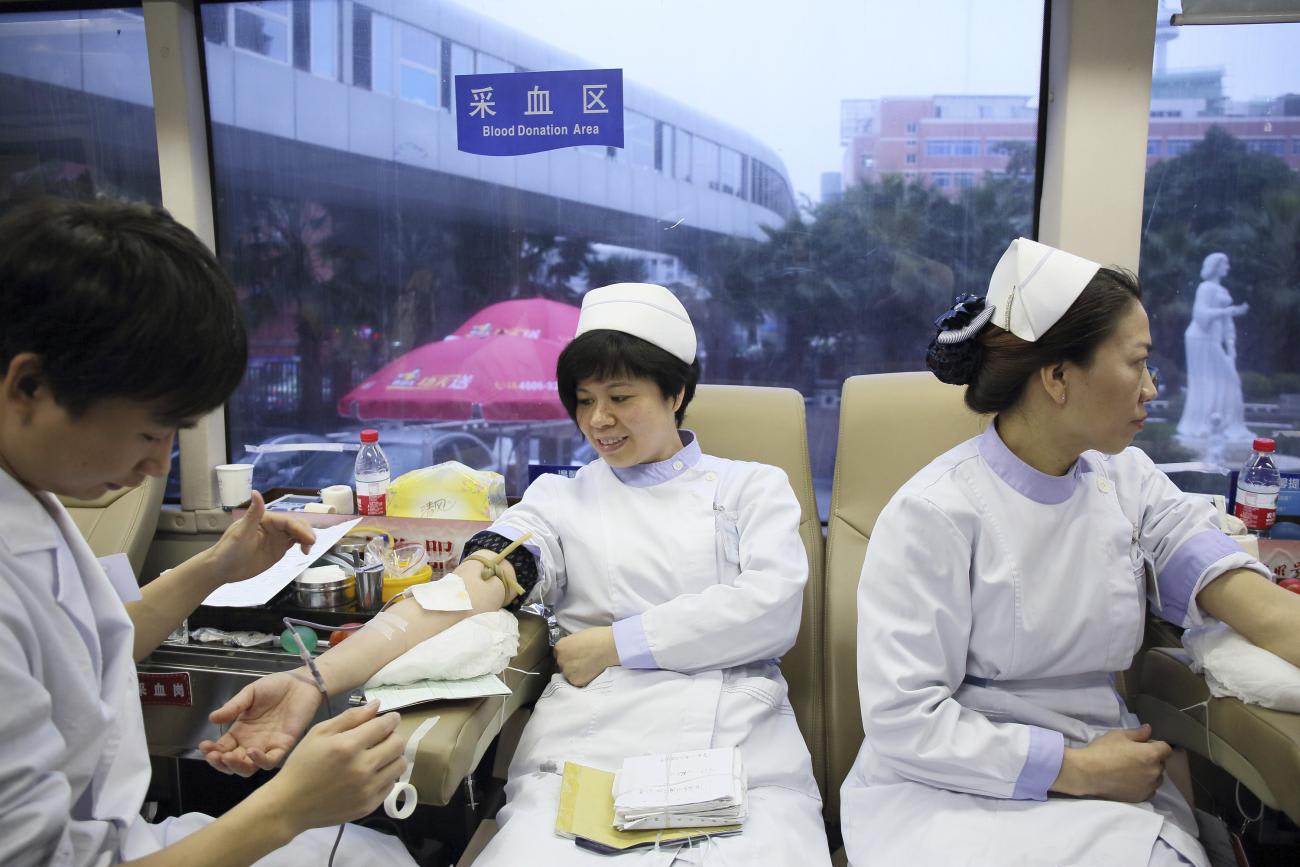
"It's very difficult for individual women to catalyze change by themselves without retaliation, so the best way to move on this is collectively," she said.
Keeling felt that despite positive strides, her organization's research also shows that sexual exploitation, abuse, and harassment are still happening. It is a human rights and justice issue, she argues. It affect patients as well, considering that women doctors have far higher rates of dropping out of the health sector and that health worker shortages plague countries of all developmental levels.
The Biggest Hurdles Ahead
Health-care workers of the United Kingdom's National Health Service are majority women, and the country has laws and policies in place to combat sexual exploitation, abuse, and harassment. Yet the problem persists.
"The hardest of all is cultural change," Keeling said.
Organizations could do more to inculcate a culture of accountability. In the United Kingdom, only one of the public trusts provides health services that mandate active bystander training specifically for sexual harassment and sexism.
Because that abuse is often directed toward more junior staff, the tradition of hierarchy in medicine will also need to change.
"There needs to be increasing recognition that the most senior doctors in the chain are not necessarily the most important ones," Cox said.
The current culture in medicine is such that few stand up to inappropriate comments, Cox said. She hopes both that equipping people with the knowledge and tools to respond will help shut those conversations down, and that women health workers stick with their careers.
Reflecting on abandoning her surgical training, Cox said, "I do feel like I missed out because it was something that I was really keen to pursue." Now her organization works with the Royal College of Surgeons in England to combat sexual exploitation, abuse and harassment.
"I felt it's quite ironic, almost coming back full circle, and ending up doing talks at surgical conferences about these behaviors," she said.
